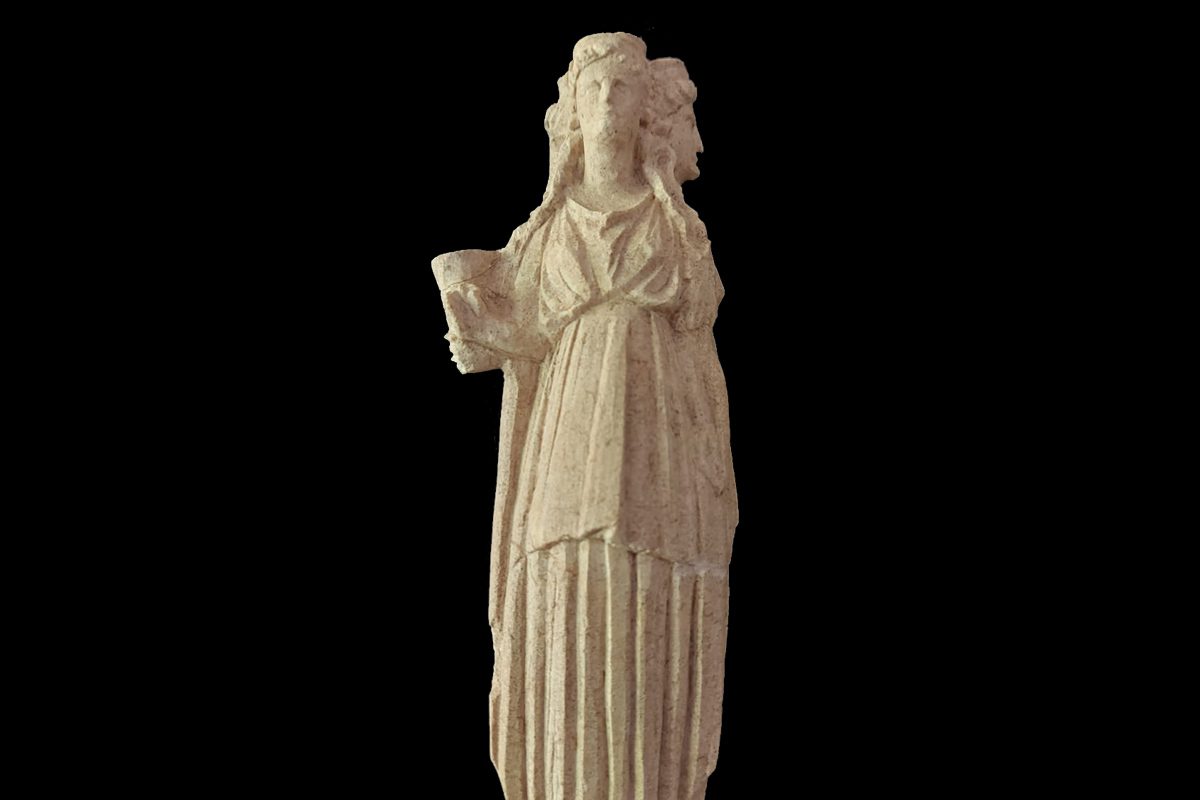A team of archaeologists from Batman University have uncovered a figurine depicting Hecate during excavations at ancient Kelenderis.
Kelenderis, also known as Celenderis, was an ancient Greek city, port and fortress, located in the present-day town of Aydıncık in Turkey’s Mersin Province.
Excavations have been ongoing for the past 36 years, in which archaeologists have found the remains of a Roman bathhouse, an odeon (a building used for musical activities such as singing, musical shows, and poetry competitions), churches with a basilica plan and mosaics.
According to legend, the city was founded by Sandocus, the son of the Oceanid Clymene and the sun-god Helios. Archaeological evidence suggests that the site was first inhabited by the Phoenicians, emerging into a major trading centre during the 4th and 5th century BC.
Archaeologists from Batman University have uncovered a figurine depicting Hecate, a three headed goddess from Greek mythology. Hecate is often shown holding a pair of torches, a key, snakes, or accompanied by dogs, and in later periods was depicted as three-formed or triple-bodied.
Hecate is associated with crossroads, entrance-ways, night, light, magic, protection from witchcraft, the Moon, knowledge of herbs and poisonous plants, graves, ghosts, necromancy, and sorcery. She was worshiped by the witches of Thessaly and held a crucial sanctuary among the Carian Greeks of Asia Minor in Lagina.
According to a press release by Batman University, the figurine dates from 2,300-years-ago and was found among ceramics from the Hellenistic period.
Dr Mahmut Aydın, said: ““It is a figurine that is about 20 centimetres tall and has three heads. We know that she has a temple in the Lagina Ancient City in Muğla and that Kelenderis is counted among the cities that participate in the competitions held every 5 years for Hecate in an inscription there.”
Header Image Credit : Batman University





